These days, global is the new local. In many ways, doing business in foreign markets has never been easier for manufacturers and distributors, with e-commerce and cloud-based technologies that allow to sell and operate anywhere. Expanding into new countries gives you access to more customers and trading partners, fresh sources of labour and potentially less expensive raw materials.
At the same time, changing governments and volatile economic factors can create uncomfortable uncertainty.
You need to respond quickly to customer demand in the region – which may require local suppliers to minimise costs. International businesses need to adapt to local tax laws, environmental and safety regulations, and even cultural differences.
How can you implement your global business management initiatives successfully – while minimising risks? Can your technology stack handle the complexity? Here are a few things to think about as you evaluate your ERP capabilities.
Managing a global business
A “stay at home” attitude could mean you lose out to competitors, so global expansion is important to consider as you grow. Global business management enables you to diversify and avoid being too dependent on a single country’s economy.
5 factors to consider…
Flexibility of your financial management practices
Operating in foreign markets can have huge financial implications: tax reporting and collection, online revenue recognition, and tariff codes all add multiple layers of complexity. Moreover, if you buy materials or sell products in other countries, you need to protect your company from exchange rate fluctuation – which includes a hedging strategy. You may need access to local financing, too.
Make sure your ERP system can not only handle local currencies, but that you can automate and streamline transaction processing. You also need a system that can provide global visibility. Modern ERP solutions will help produce insightful financial and boardroom-ready reports, so you can analyse financial performance across all of your foreign markets.
Supply chain integration
Foreign customers may have biases toward goods produced in certain locations. Social or cultural issues may impact sales. Country of Origin (COO) laws in some locations dictate that raw materials used in finished goods must not contain foreign substances over a certain percentage, or from certain countries (Lacey Act 2008). If you’re in an industry like food, where minimising waste is critical, you need visibility from your ERP solution so you can maximise inventory turnover. With complete ERP integration with your supply chain, you can help eliminate these or other legal operational risks that could potentially affect your business.
Accuracy of cost forecasting
How do you pinpoint which products to offer in which countries? Where is there the most profit opportunity? A modern ERP solution gives you the visibility you need to accurately forecast demand and understand your total costs, so you can make smart decisions.
In particular, landed cost tracking is even more important when implementing a global business management strategy. This enables you to break down costs, assign them at a micro level, and then plan for them over the long term to predict foreign currency cash requirements.
Risk management strategies
Operating globally means you need strategies to actively monitor and protect yourself in areas like cybersecurity, protection of intellectual property (IP) and customer privacy. For example, countries in Europe have strict regulations about what you can do with customer information.
Mitigate your risk by automating compliance with key requirements, from legal regulatory reporting to product to contract terms. Protect your R&D and data from theft or loss by making sure your ERP platform offers extensive security features and fine-grained access controls.
The internet of things and cloud computing
To expand your sales reach to new global markets, your ERP platform needs to be able to take in and process e-commerce orders and payments, to start. But the trend toward the Internet of Things (IoT) means a lot more to global manufacturers. IoT can provide additional channels for revenue growth or suggestions on reducing cost that can mean the difference between success and failure in a new market.
Modern ERP solutions empower customers and OEMs to collaborate online via secure Web portals to streamline R&D. Using Electronic Data Interchange and XML protocols, you can kick off automated workflows for maximum operational efficiency. And, you can even deploy your ERP solution in the cloud – simplifying collaboration across your company, anywhere in the world.




